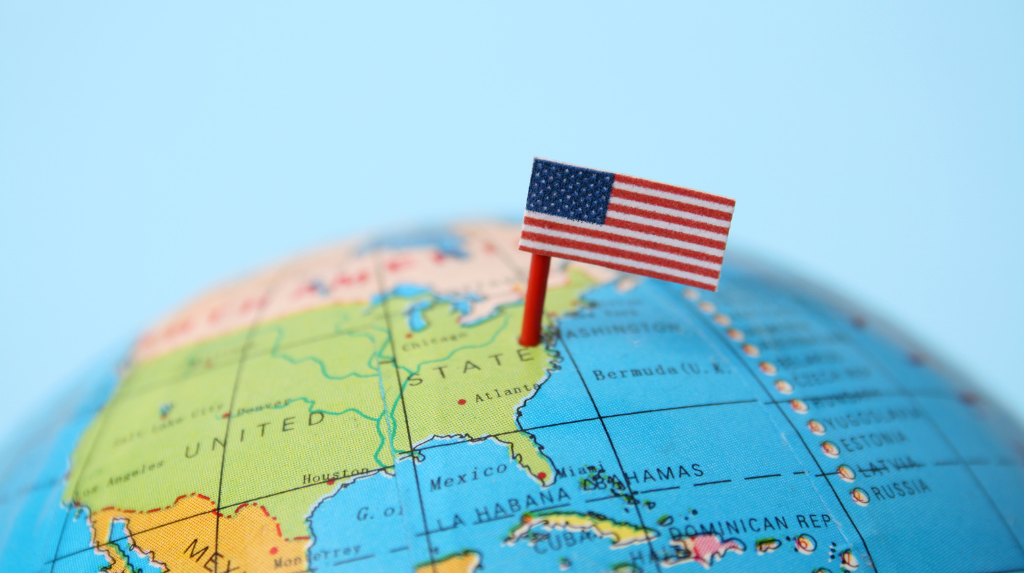In general, a sponsor does not need to be physically present in the United States for an applicant to file for Adjustment of Status (AOS). This means that even if a military service member sponsor is deployed abroad, the applicant can still apply for AOS while living in the U.S. However, if the applicant plans to relocate overseas with their deployed spouse, they will likely need to complete consular processing instead.
In some cases, it may be possible for the applicant to file for Adjustment of Status while the sponsor is overseas, but this depends on the discretion of both USCIS (U.S. Citizenship and Immigration Services) and the U.S. Department of State. The ability to process applications from abroad is available, but it’s handled on a case-by-case basis.
What is Overseas Processing?
For military families, there are special provisions for processing immigration cases while stationed outside the United States. USCIS has set up three “hubs” in key locations to support military personnel and their families with applications for naturalization and other immigration benefits while stationed abroad. These hubs are located at:
- Camp Humphreys, South Korea
- Commander Fleet Activities Yokosuka, Japan
- Naval Support Activity Naples, Italy
These hubs help military members and their families apply for immigration benefits even while they are stationed in other countries.
Additionally, two domestic USCIS offices oversee military applications from abroad. These are:
- Guam Field Office: Handles applications from the Asia/Pacific region, including the hubs in South Korea and Japan.
- Washington Field Office: Oversees applications from the Europe, Middle East, and Africa regions, including the hub in Italy.
How Do I File an Immigration Application While Abroad?
If you are applying for Adjustment of Status while your sponsor is stationed overseas, follow the application form instructions as if you were applying within the United States. The appropriate domestic USCIS office (either the Guam or Washington Field Office, depending on your location) will process your application.
Here’s how the process typically works:
- Initial Review: After you submit your application, the relevant USCIS office will perform a preliminary review of your form. They will contact you by mail or email if any additional information or documents are needed.
- Interview Scheduling: Once the initial review is complete, USCIS will schedule an interview. They will mail you an interview notice with the details.
- Interview at Overseas Hub: USCIS staff, in coordination with the Department of Defense (DOD), will travel to the overseas hub nearest to you for the interview. For example, if you are stationed in Japan, your interview will take place at the Yokosuka hub.
- Approval and Naturalization: If the USCIS officer approves your application during the interview, they will make every effort to naturalize you on the same day.
Form I-130 Processing While Abroad
When it comes to the processing of Form I-130 (Petition for Alien Relative), which is typically the first step for a family-based green card application, the Department of State (DOS) plays an important role. DOS handles certain services for individuals living abroad, including issuing carrier documentation for lawful permanent residents who lose their Green Cards while overseas.
However, USCIS will continue to process all naturalization applications, meaning that if you are applying for U.S. citizenship, USCIS will handle that process, even if you are stationed overseas.
While it can be more complicated to apply for Adjustment of Status or other immigration benefits while your sponsor is deployed abroad, it is still possible. The USCIS and the Department of State have systems in place to help military personnel and their families manage their immigration cases while stationed overseas. By following the correct procedures and working with the appropriate offices, military families can navigate the process of applying for naturalization and other immigration benefits even from abroad.
How Law and Visas Can Help?
At Law and Visas, our team of expert immigration consultants is here to make your travel to the U.S. straightforward and successful. Whether you’re applying for a K-1 Visa or a K-3 Visa, we handle every step—from preparing your application to gathering the required documents.
Our Immigration Consultants and Lawyers ensure that your application meets the highest standards, with no details missed. We’ll also keep you informed throughout the process and coordinate with the immigration office or embassy on your behalf.
Law and Visas has a strong record of helping clients secure the visas/permits they need to visit the United States. You can call us today at +234 812 5505 986 to learn how we can help you.





